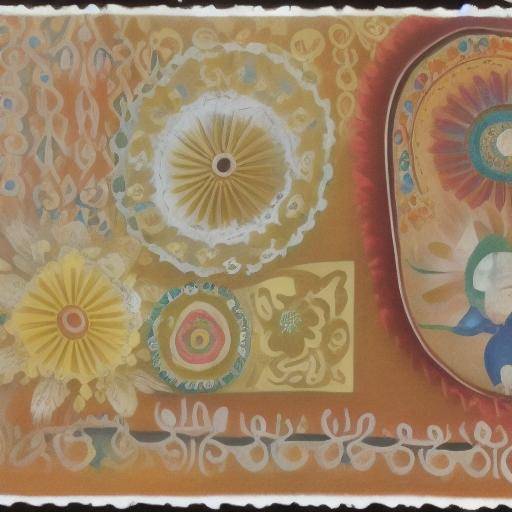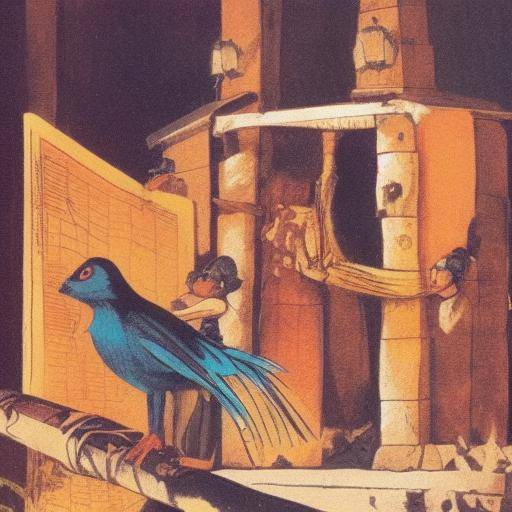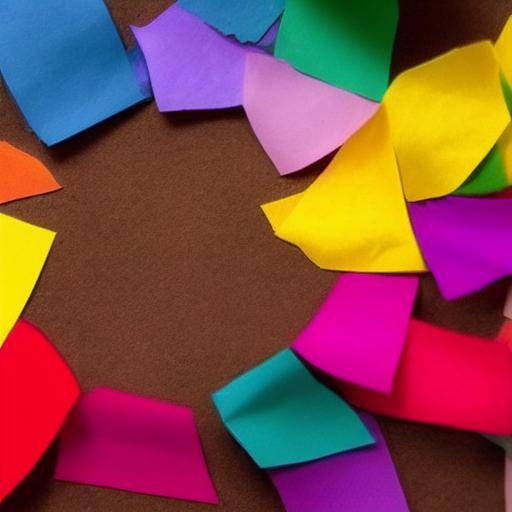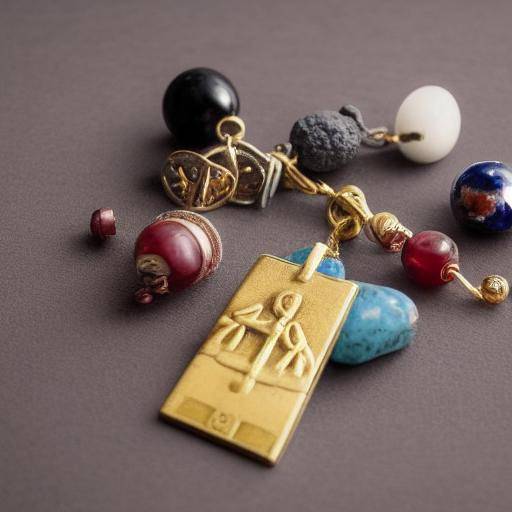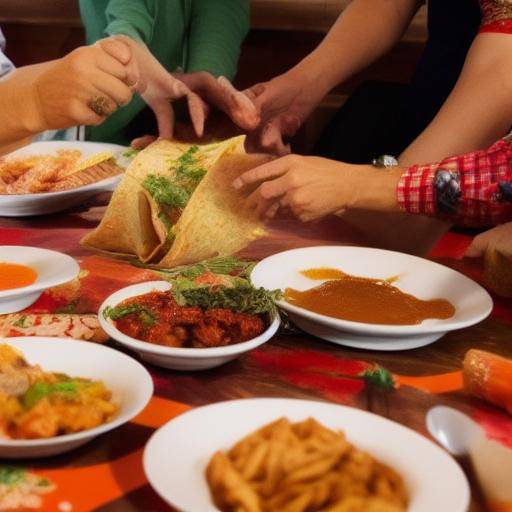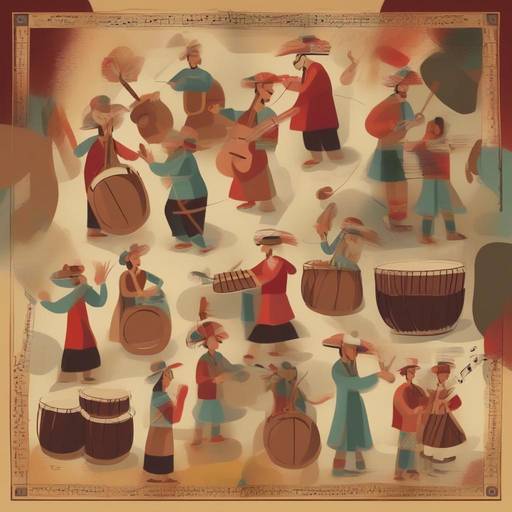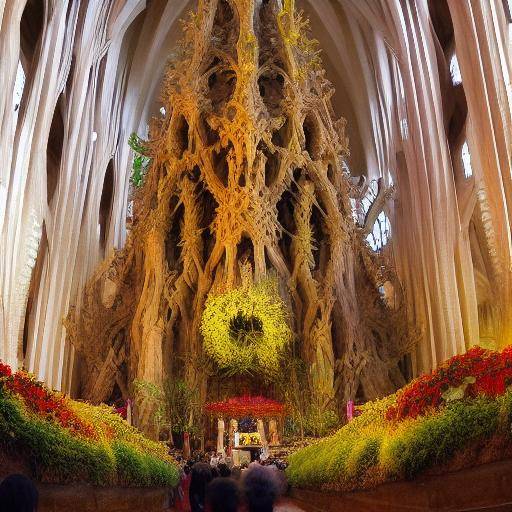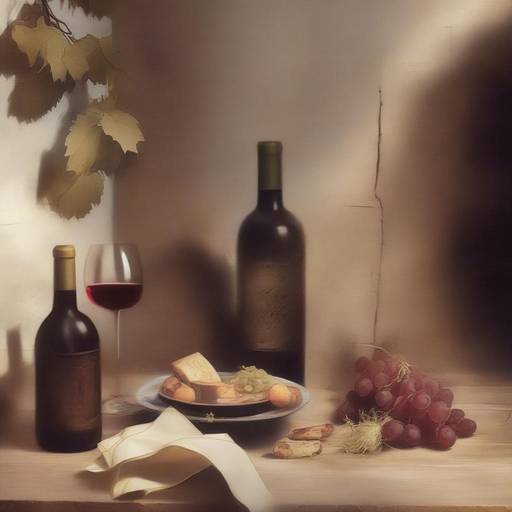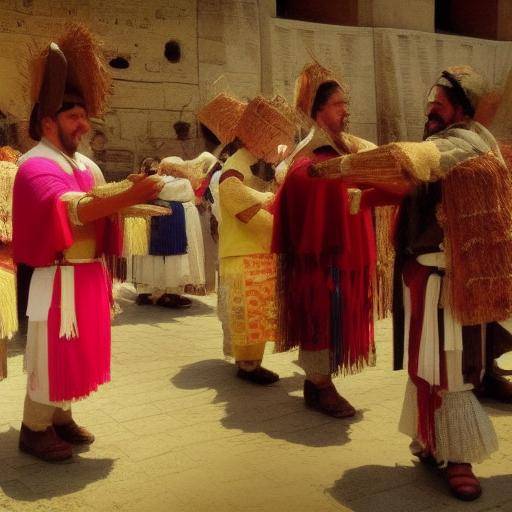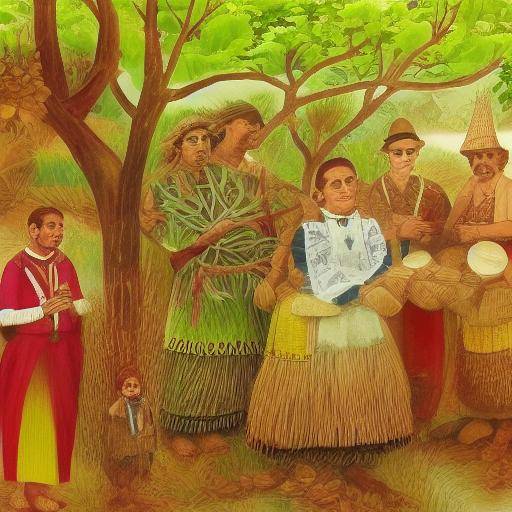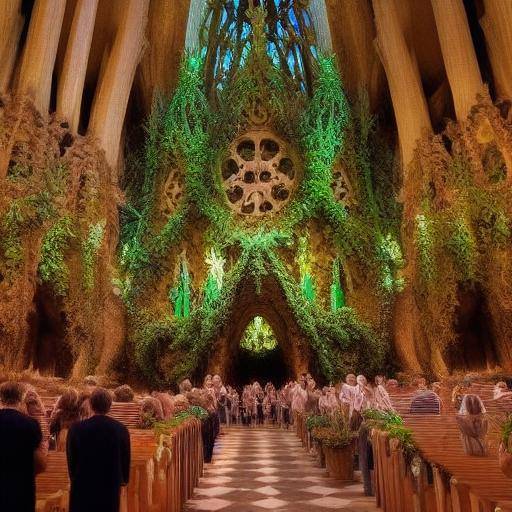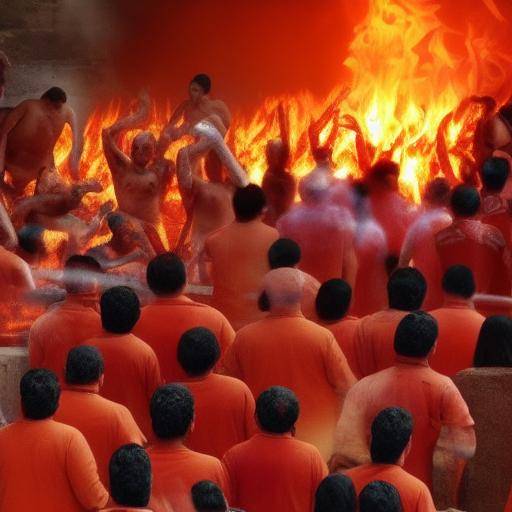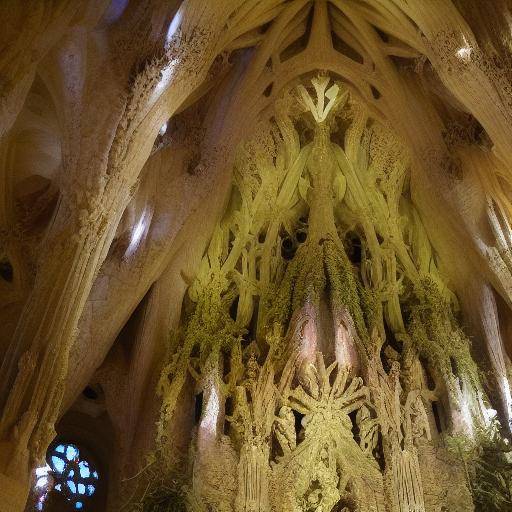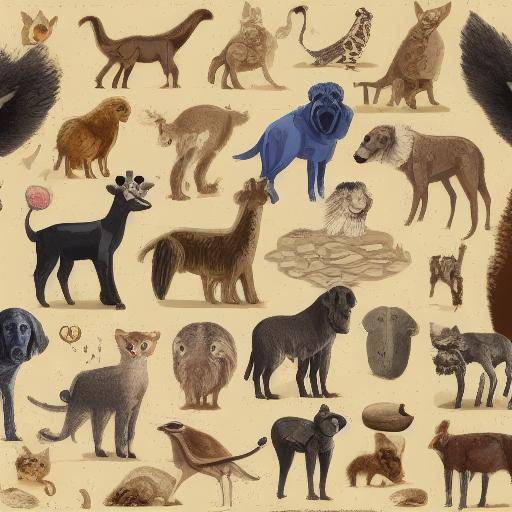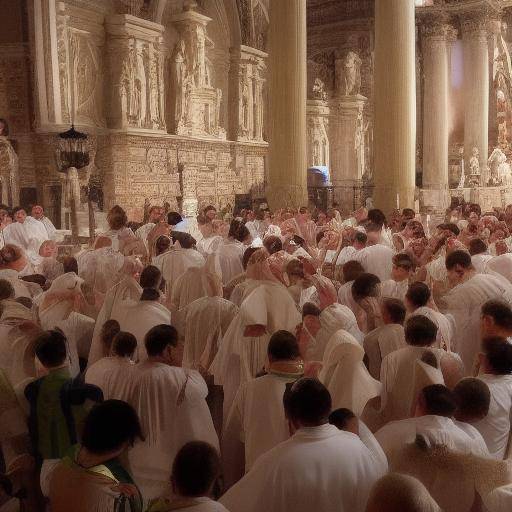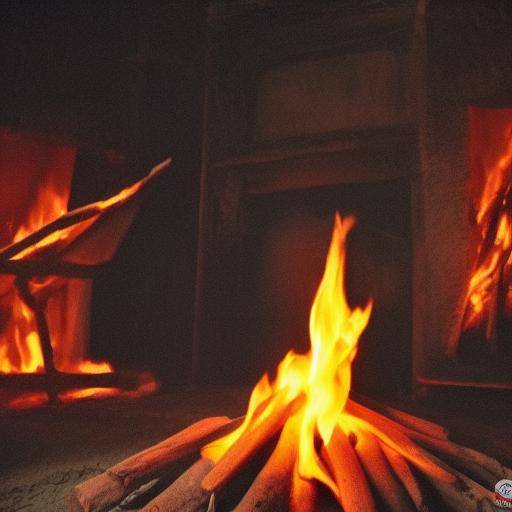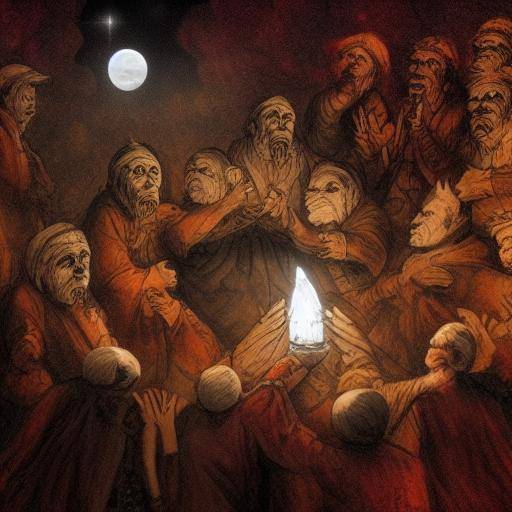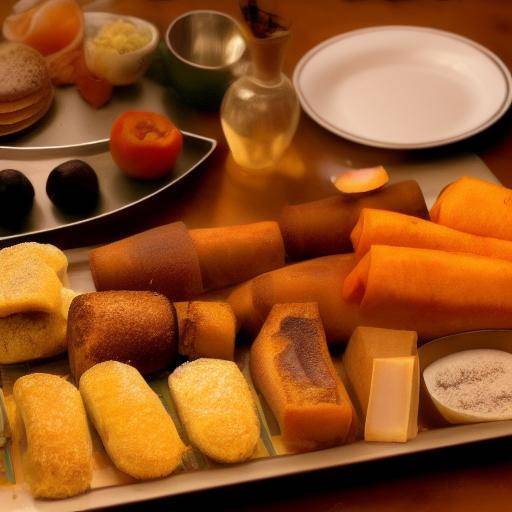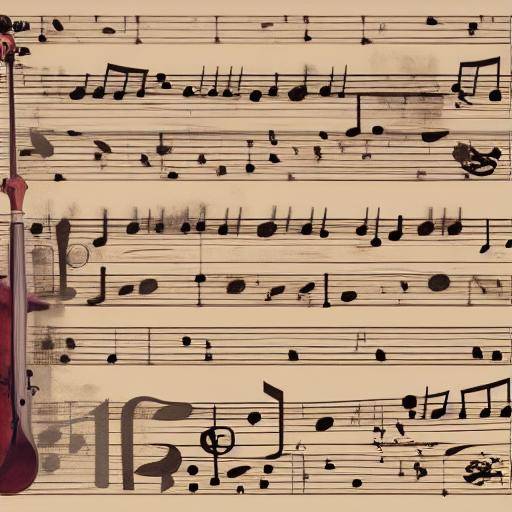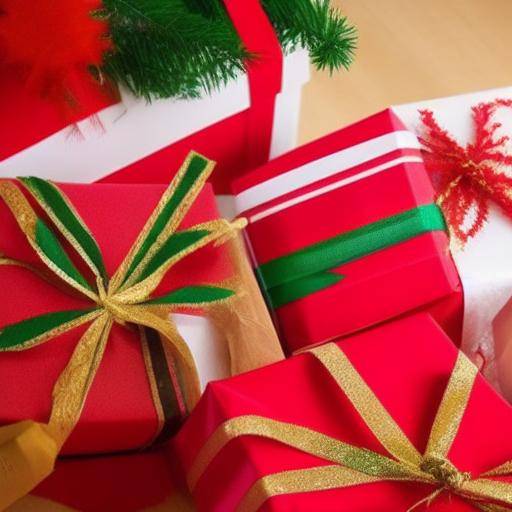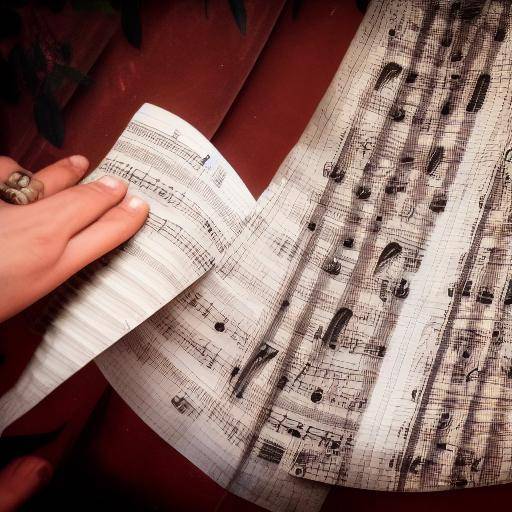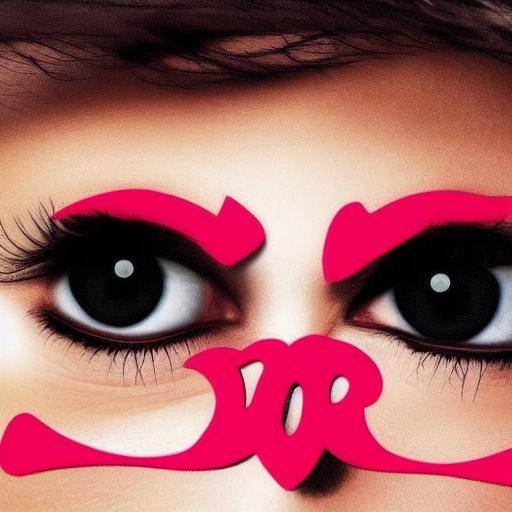
The mirrors have been the subject of superstitions and myths throughout history in different cultures. From the belief that mirrors can capture the soul to the association with bad luck, the role of mirrors in superstitions has intrigued many people. In this article, we will explore in detail the role of mirrors in superstitions, their origin, evolution, myths, realities and future. We will also provide practical advice and expert opinions on how to overcome these superstitions.
Introduction
The mirrors have intrigued humanity for centuries. Since ancient times, they have been given mystical powers and associated with superstitious beliefs. The reflection of the image in a mirror has led to a series of interpretations and myths that have endured over time. In this article, we will unravel the fascinating relationship between mirrors and superstitions, exploring both their historical origins and the impact on contemporary culture.
History and Background
Origins and Historical Significance
The use of mirrors dates back to ancient Chinese civilization, where they were manufactured with materials such as bronze and obsidian. The notion that mirrors could reflect the soul was rooted in Chinese tradition, creating the basis for future superstitions in many cultures.
In ancient Egypt, mirrors were considered objects of power, and they were believed to have mystical properties. Pharaohs and other nobles were buried with mirrors to guide their souls in the beyond.
Ancient Rome also attributed to the mirrors a special power, but with a more negative perspective. It was believed that a broken mirror could bring seven years of bad luck, a belief that persists in many cultures until today.
Evolution of Beliefs
Throughout history, superstitions around mirrors have evolved and intertwined with popular traditions and culture. In the Middle Ages, it was thought that mirrors could reflect the true nature of a person, which led to associating them with witchcraft and black magic.
Analysis of Deepness
Myths and Reality
Despite the fascination and superstitions surrounding the mirrors, science has discredited many of the myths associated with them. The mirrors do not have the ability to "break" souls or bring bad luck. However, superstitions persist largely because of cultural influence and generation-to-generation transmission.
Cultural perspectives
Superstitions around mirrors vary widely from one culture to another. While in some cultures mirrors are considered objects of good luck, others are attributed evil powers. The diversity of beliefs reveals the complexity of the relationship between humanity and mirrors.
Comprehensive review
Modern applications
Despite superstitions, mirrors have a wide range of applications in modern life, from decoration to technology. Mirrors are key elements in interior design and automotive industry, as well as in the manufacture of electronic and optical devices.
Tips for Superstitions
If superstitions associated with mirrors generate concern, there are several strategies to overcome them. These include challenging irrational beliefs, understanding the nature of superstitions and seeking professional support if necessary.
Comparative analysis
Relationship Between Mirrors, Superstitions and Paper
Superstitions around mirrors have influenced the perception of the role they play in society. From cinematography to literature, mirrors have been used as symbols of introspection, duality and mystery, thus reflecting the superstitions rooted in culture.
Practical Tips and Accessible Tips
How to Clean and Care Mirrors
Keeping clean mirrors is essential to preserve their quality and shine. It is recommended to use soft and non-abrasive products to clean the surface of the mirror, thus avoiding lightning or damage.
Overcoming the Fear to the Mirrors
For those who experience anxiety or fear related to mirrors due to superstitions, it is important to seek professional help. Cognitive-behavioral therapy and gradual exposure can be useful in overcoming these concerns.
Perceptions of Industry and Expert Reviews
Reflections of Psychologists
Psychologists explain that superstitions around mirrors can be attributed to a psychological phenomenon known as the "confirmation subject," where people tend to look for evidence that supports their pre-existing beliefs.
Visions From the World of Design
Interior and creative designers have used mirrors as powerful elements to expand space, reflect light and create shocking visual effects. They consider that mirrors are versatile tools that go beyond superstitions.
Case Studies and Real Life Applications
Use of Mirrors in Art
Contemporary artists have used mirrors in their works to explore perception, identity and reflection. Through art, mirrors have captured imagination and challenged superstitious beliefs.
Impact of Mirrors in Automotive Industry
Mirrors are essential components in vehicles, providing drivers with a clear and safe vision. Technological advances have led to the integration of innovative functions in automobile mirrors, and special attention has been paid to their design and manufacture.
Future Trends and Predictions
Intelligent Mirror Technology
The development of intelligent mirrors with interactive and IoT capabilities (Internet of Things) promises a revolution in the domotic and technology industry. These mirrors could integrate augmented reality functions, virtual assistants and personalized health analysis.
Evolution of Psychology of Superstitions
Psychology is expected to continue to investigate the underlying causes of mirror-related superstitions, in order to eliminate unfounded myths and address associated anxiety and phobia issues.
Conclusion
Throughout history, mirrors have been the subject of a fascinating interaction between reality and superstition. From their practical use in everyday life to their symbolic representation in art and literature, mirrors continue to capture our imagination. Despite the rooted superstitions, it is crucial to recognize that mirrors are simply tools that reflect light and truth, without possessing mystical powers.
Ultimately, overcoming superstitions around mirrors involves understanding rooted beliefs, challenging irrational ideas and seeking objective perceptions. By confronting these superstitions with solid knowledge and an open attitude, we can acquire a deeper understanding of these everyday objects and dispel the myths surrounding them.
Frequently asked questions (FAQs)
What is the Origin of the Superstition of Breaking a Mirror and Having 7 Years of Bad Luck?
The belief that breaking a mirror brings 7 years of bad luck goes back to ancient Rome. The Romans believed that the reflection in a mirror represented the soul, and that breaking a mirror could damage the soul during that time.
Why Do Some Cultures Consider Mirrors Catch Bad Luck?
The superstition that mirrors attract bad luck may be related to the belief that mirrors have the ability to capture or reflect negative energies. This perception can vary according to local culture and traditions.
Mirrors Can Really Steal the Soul?
No, there is no scientific evidence to support the idea that mirrors can steal or capture a person's soul. This belief is based on myths and superstitions that have no scientific basis.
Where does the Belief of Not Looking in a Roto Mirror come from?
The superstition of not looking in a broken mirror is related to the idea that a broken mirror represents a fracture in reality, which could lead to a distortion of the reflected image and thus bring bad luck.
How to overcome the Fear to the Mirrors?
Overcoming fear related to mirrors, also known as catoptrophobia, may require the help of a mental health professional. Cognitive-behavioral therapy and graduate exposure are common approaches to addressing this phobia.
What is the Symbolic Meaning of Mirrors in Literature and Cinema?
Mirrors are often used symbolically to represent duality, distorted perception of reality and introspection in literature and cinema. They can serve as narrative devices to explore issues of identity and self-knowledge.
What is the Importance of Mirrors in Interior Design and Decoration?
Mirrors play a crucial role in interior design by visually expanding space, reflecting natural light and adding an aesthetic focal point. Their versatility makes them valuable elements in the decoration of homes and commercial spaces.
This extensive analysis of the role of mirrors in superstitions offers a complete understanding of its historical relevance, its cultural impact and its application in modern life. By demystifying superstitions and exploring the multiple facets of mirrors, we can appreciate their true value as everyday objects and powerful symbols in society.
Remember that understanding history and psychology behind mirror-related superstitions is essential to overcoming irrational fears and challenging rooted beliefs. In the end, mirrors are simply tools that reflect reality, and it is our rational understanding that frees us from the chains of superstition.




